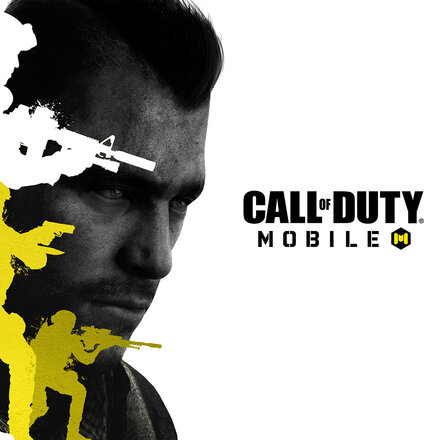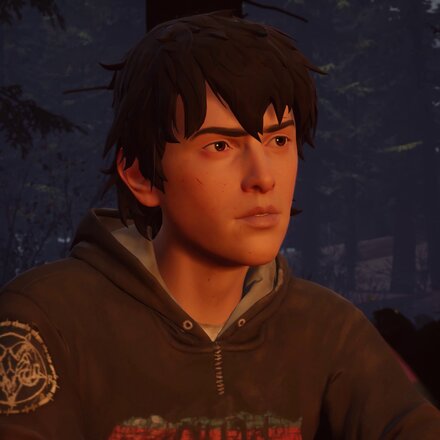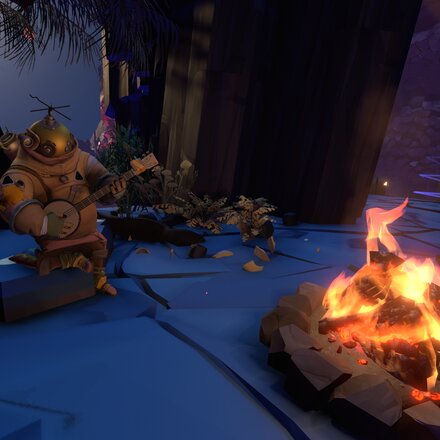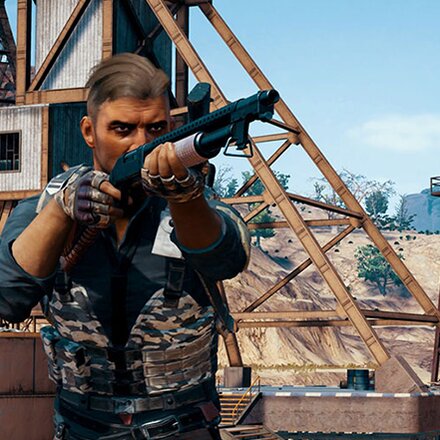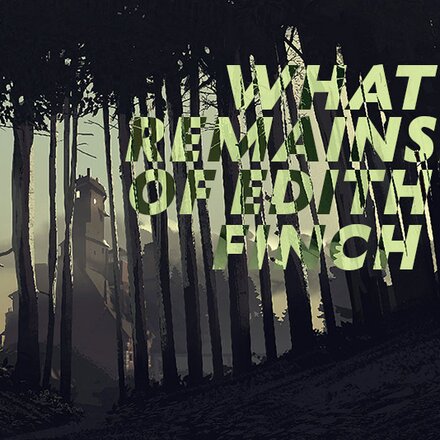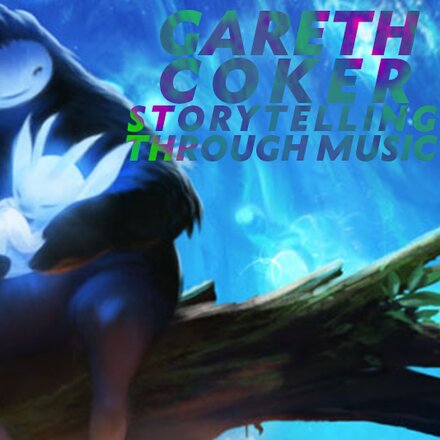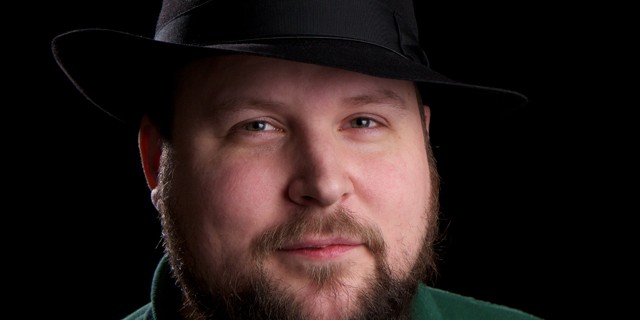
Markus Persson: Interview
The Swedish games designer, and trilby fan, on how he came to make the phenomenal block-building indie hit Minecraft.
Published 14 March 2012.
Words by Jamie Russell
Did you always know you were going to have a career in video games?
Not at first. When I was young I made games in my spare time but I wanted to become a policeman or something. It wasn't until I was 14 or 15 that I decided that this was what I wanted to do. It took a while.
What inspired you to make your own games?
It was purely mechanical in the beginning. I was just curious about how it worked and what the weird commands actually meant. The first thing I wrote, when I was 9, was a text adventure. You had to input the exact right text or otherwise you would fail. The story was kind of random. There were four or five different rooms and one of them had a typical Spaghetti Western theme. I used ASCii characters as the graphics.
Do you have formal training or are you completely self-taught?
I would consider myself 100% self-taught. I took a one year course on C++ via the internet. That was mainly just to get my grades up. I don't have any advanced education at all.
From 15 to 18 I studied Print & Media – design and font setting and copywriting. My first job was for a small web studio. That lasted about six months. Then the IT crash came and I did nothing for a couple of years. I had a small job helping out at a really tiny printing store doing web page development.
Then I got a job at Game Federation who were making middleware for digital distribution. During this time I met Rolf Jannson who I made the game Wurm Online with. It was an MMO RPG – a huge mistake but we actually pulled it off! It's still going today. After that I joined Midasplayer, which later was renamed King.com.
At King.com you made Flash games. How useful an experience was that?
The most limiting factor was that we were making them so fast. It was kind of intense. We spent one or two months on each game. During my time at King.com I made around 20 to 30 games. I was the programmer and I had a games designer and an artist. That was basically it. The thing I learned there was how to actually finish projects, which was very, very valuable.
You've made a lot of 4 kilobyte games in two-day competitions. What is it about that kind of challenge that appeals?
Making a 4K game is almost like solving a puzzle. You can't fit very much into 4 kilobytes of storage. The time-based games competitions make you put a lot of effort into a short space of time and then you have something to show for it which is very rewarding.
What do you think is your biggest innovation in Minecraft?
I'm most proud of the technical aspects in Minecraft rather than its huge success – in particular the terrain generation. It's a huge world that's almost infinite – ‘almost infinite’, that's a silly concept – but it's ridiculously large and keeps generating as you play it.
Minecraft is a game and yet also a level editor. How does that work?
I'm wary of tools being games. In most games you have ‘Edit World’ as a button on the main menu and ‘Play’ as another button. To me that's splitting up the experience. Having the game be the actual level editor itself turns it into something between a game and a tool. So that's kind of what I was going for with Minecraft. It's about limiting the power of the user but giving them infinite potential. The smaller the toolset, the more fun you can have. It's like the 4K programming contest: I could make a game in 400K. But when you limit it to 4K it's much more interesting to try to do something.
Minecraft's fans have been pivotal in its success. How do you approach your relationship with them?
When I started Minecraft I decided that I wanted to do everything in a very open and transparent way. That kind of stuck and so we now get lots of people talking directly to us, the developers, which I think has helped Minecraft go very viral. People felt there was some kind of connection there to us... which there definitely is. I think there is definitely a big gap in the market for companies that are more transparent. People seem to like that.
What advice would you give aspiring games developers?
If you're trying to do something successful and unique, the only advice that really matters is not to listen to advice (including that advice!). You will try to define yourself in terms of what other people have done and so you will never do something that is original.

